Are you itching to embark on the entrepreneurial journey but finding yourself at a crossroads with no clear idea to pursue? The desire to start a business brims with excitement and potential, yet the absence of a concrete concept can feel like a daunting obstacle.
Fear not, for this juncture of uncertainty is merely the genesis of a thrilling adventure awaiting your innovation and creativity to breathe life into it.
Embrace this moment as an opportunity to explore, ideate, and uncover the hidden gems of entrepreneurship that lie within the uncharted territory of your imagination.
Embarking on the journey of entrepreneurship can feel like setting out on a road trip with no GPS—exciting, yet uncertain. Whether you’re a novice or a seasoned business owner seeking fresh avenues, this guide serves as your trusty navigator, guiding you through uncharted territories with practical advice and insights.
Much like navigating through unfamiliar roads, starting a business demands a keen eye for spotting opportunities amidst everyday challenges. By examining the hurdles in your daily life, you can unearth innovative solutions that resonate with others, transforming obstacles into lucrative ventures.
So, fasten your seatbelt and let this guide steer you towards your entrepreneurial destination, providing the roadmap to turn your ideas into thriving businesses.
8 Steps To Start A Business With No Business Ideas
If you’re struggling to steer your business towards success, take into account these invaluable tips.
Tip 1: Know Your Passion
Rather than viewing the prospect of starting a business without a clear concept as a hurdle, consider it an opportunity to explore the realms of your interests and expertise, paving the way for a journey brimming with purpose and fulfillment.
Tip 2: Know Your Strength
Recognising and capitalising on your strengths is pivotal in the entrepreneurial journey. By leveraging your past experiences, skills, and innate talents, you can pinpoint the areas where you excel. After identifying these strengths, consider how to channel them into a viable business concept.
For instance, if adept at communication, venturing into public relations or marketing may align seamlessly with your abilities. Similarly, a flair for creativity could spur the inception of a design or art enterprise, while a penchant for problem-solving may pave the path for a business addressing specific needs.
Embracing your strengths fuels your entrepreneurial endeavours and prepares you for success. Remember, while focusing on your strengths is paramount, nurturing and developing other skills further amplifies your entrepreneurial acumen, offering a holistic approach to business growth and innovation.
Tip 3: Start With Purpose
Before embarking on the entrepreneurial journey, it’s imperative to clarify your vision and purpose for the business you aspire to build. Crafting a clear vision entails contemplating your core beliefs and values, defining what you stand for, and discerning the impact you aspire to make.
For instance, if your passion lies in environmental sustainability, envisioning an eco-friendly business not only aligns with your values but also contributes to a greater cause. By anchoring your business endeavours within a purpose-driven framework, you cultivate a sense of fulfilment and pave the way for meaningful impact in your chosen field.
Before you leap, think about your goals and values, as they will guide your entrepreneurial journey.
Tip 4: Brainstorm For New Ideas
To ignite your entrepreneurial journey when facing the challenge of starting a business without a clear idea, consider the following strategies:
- Explore Your Passions: Compile a list of activities, interests, and topics that genuinely excite you. These passions can often serve as fertile ground for innovative business ideas.
- Study Industry Trends: Keep abreast of current trends and developments in various industries. Analyse emerging opportunities and gaps in the market that could inspire your business concepts.
- Learn from Success Stories: Draw inspiration from successful companies across different sectors. Adapt their business models or strategies to suit your vision and goals, infusing your unique twist.
- Seek Feedback: Engage with potential customers and industry experts to gather insights and validate your ideas. Their feedback can help refine your concept and tailor it to meet market needs.
- Embrace Diversity in Brainstorming: Collaborate with individuals from diverse backgrounds and perspectives during brainstorming sessions. This diversity fosters creativity and encourages innovative thinking.
- Visualise Ideas: Utilise visualisation techniques such as mind maps, diagrams, and Post-it notes to organise and flesh out your ideas. Visual aids can facilitate clarity and serve as a roadmap for implementation.
- Embrace Risk and Experimentation: Be open to taking calculated risks and exploring unconventional ideas, environments, and cultural contexts. Experimentation often leads to breakthroughs and unexpected opportunities.
- Persistence is Key: Stay resilient and persevere through challenges. Don’t discard ideas prematurely; instead, iterate and refine them until they reach their full potential.
By integrating these approaches into your entrepreneurial journey, you can overcome the initial hurdle of starting a business without a predefined idea and unlock the creativity needed to forge a path to success.
Tip 5: Testing Your New Business Ideas
When starting a business without a clear idea, entrepreneurs must follow a systematic approach to embark on their entrepreneurial journey:
- Brainstorm Business Ideas:
- Initiate brainstorming sessions to generate a range of potential business concepts.
- Encourage creativity and exploration of various niches and industries.
- Advantages and Disadvantages Analysis:
- Create a list outlining the advantages and disadvantages of each business idea.
- Consider factors such as market potential, competition, scalability, and personal interest.
- Side-by-Side Comparison and Selection:
- Conduct a thorough comparison of the business ideas, evaluating their alignment with your goals and resources.
- Choose the idea that best aligns with your strengths, interests, and market opportunities.
- Product or Service Description:
- Develop a clear and compelling description of the product or service your business will offer.
- Define its unique value proposition and how it addresses customer needs or pain points.
- Consultation with Industry Experts:
- Seek feedback and advice from industry experts or mentors to validate your chosen business idea.
- Benefit from their insights and experience to refine your concept and strategy.
- Testing Interest with a Landing Page or Website:
- Create a landing page or simple website to showcase your business idea and gauge interest.
- Collect feedback and data from visitors to assess market demand and potential customer interest.
- Financial Viability Assessment with a Business Plan:
- Develop a comprehensive business plan outlining your strategies, financial projections, and operational roadmap.
- Evaluate the financial viability and sustainability of your business idea to ensure long-term success.
- Utilisation of Social Media for Testing:
- Leverage social media platforms to build a following and test your ideas with a broader audience.
- Engage with potential customers, gather feedback, and iterate based on their responses.
- Accessing Resources and Mentorship:
- Tap into startup communities or accelerator programmes to access resources, mentoring, and networking opportunities.
- Seek guidance from experienced entrepreneurs and industry professionals to navigate challenges and refine your business strategy.
- Continuous Testing and Iteration:
- Continuously test your business idea in the market and gather feedback from customers and stakeholders.
- Remain flexible and open to making adjustments or pivoting based on market insights and evolving customer needs.
By following these steps and remaining adaptable to change, you can navigate the uncertainties of starting a business without a predefined idea and increase your chances of success in the competitive landscape.
Tip 6: Consume More
Expanding your knowledge and resources is essential for generating innovative business ideas. Here’s how to consume more information effectively:
- Stay Updated with Industry Publications:
- Engage with industry publications to stay abreast of current news and trends.
- Identify market gaps and opportunities through thorough analysis and insights provided by reputable sources.
- Network at Conferences and Events:
- Attend conferences and events within your industry to connect with professionals and thought leaders.
- Networking provides valuable opportunities to exchange ideas, gain insights, and discover potential collaborators or mentors.
- Leverage Differentiation Opportunities:
- Evaluate your business model to identify areas where you can differentiate yourself from competitors.
- Highlight unique selling points or innovative approaches that set your business apart in the market.
- Explore Tools and Technologies:
- Keep up with the latest tools and technologies relevant to your industry.
- Utilise these resources to gather data, streamline processes, and enhance decision-making capabilities.
By actively consuming information through various channels, you can become more knowledgeable about your industry, uncover new opportunities, and foster creativity in generating novel business ideas.
Tip 7: Turn Your Idea Into Business
- Explore the market: Dive deep into understanding your target audience’s needs and challenges, ensuring demand for your product or service.
- Craft a strategic roadmap: Develop a comprehensive business plan outlining your goals, financial forecasts, and key milestones to steer your venture toward success.
- Secure financial backing: Determine your financial requirements and explore avenues, such as loans, grants, or investors, to fund your business endeavours.
- Legalise your enterprise: Complete the necessary registrations and obtain licences and permits from relevant governmental bodies to legitimise your business operations.
- Establish your digital footprint: Establish a strong online presence through a website, enabling seamless interaction and service delivery to your clientele.
- Test the waters: Roll out a Minimum Viable Product (MVP) to a select group of customers, gathering crucial feedback before scaling up your offerings.
- Launch and promote: Unveil your business to the world through a well-orchestrated launch, leveraging social media, advertising, PR, and networking to spread the word.
- Track and adapt: Continuously monitor your progress, tweaking your strategies as needed based on feedback and market dynamics, ensuring ongoing improvement and growth.
Tip 8: Overcome Your Fear of Starting a Business
Starting a business often brings with it fear and uncertainty, but with the right mindset and strategies, you can conquer them:
- Knowledge is power: Equip yourself with comprehensive business and industry knowledge to boost confidence levels.
- Divide and conquer: Break down the daunting task of launching a business into smaller, more manageable steps for a smoother progression.
- Seek wisdom: Obtain helpful suggestions from mentors, coaches, and fellow entrepreneurs to navigate challenges effectively.
- Build a support system: Surround yourself with supportive friends and family who can offer encouragement during challenging times.
- Embrace the unknown: Recognise that calculated risks are inherent in business endeavours, often leading to substantial rewards.
- Fail forward: Embrace failures as learning opportunities integral to the entrepreneurial journey.
- Let go of perfectionism: Understand that perfection is not a prerequisite for starting a business; progress is more important than perfection.
- Start modestly: Begin with small-scale initiatives to mitigate risks and validate your ideas before scaling up.
- Acknowledge your fears: Accept fear as a natural response to uncertainty, understanding that it will diminish with time and experience.
Starting a business isn’t easy, but with determination, resilience, and a positive outlook, you can navigate through fears and uncertainties to achieve success.

